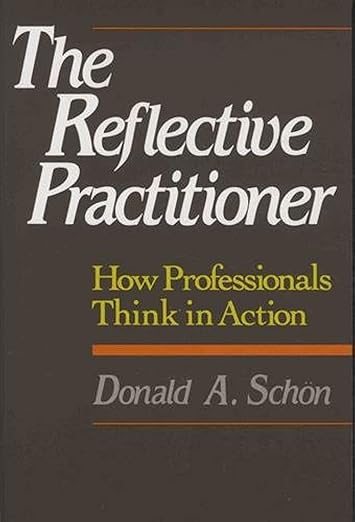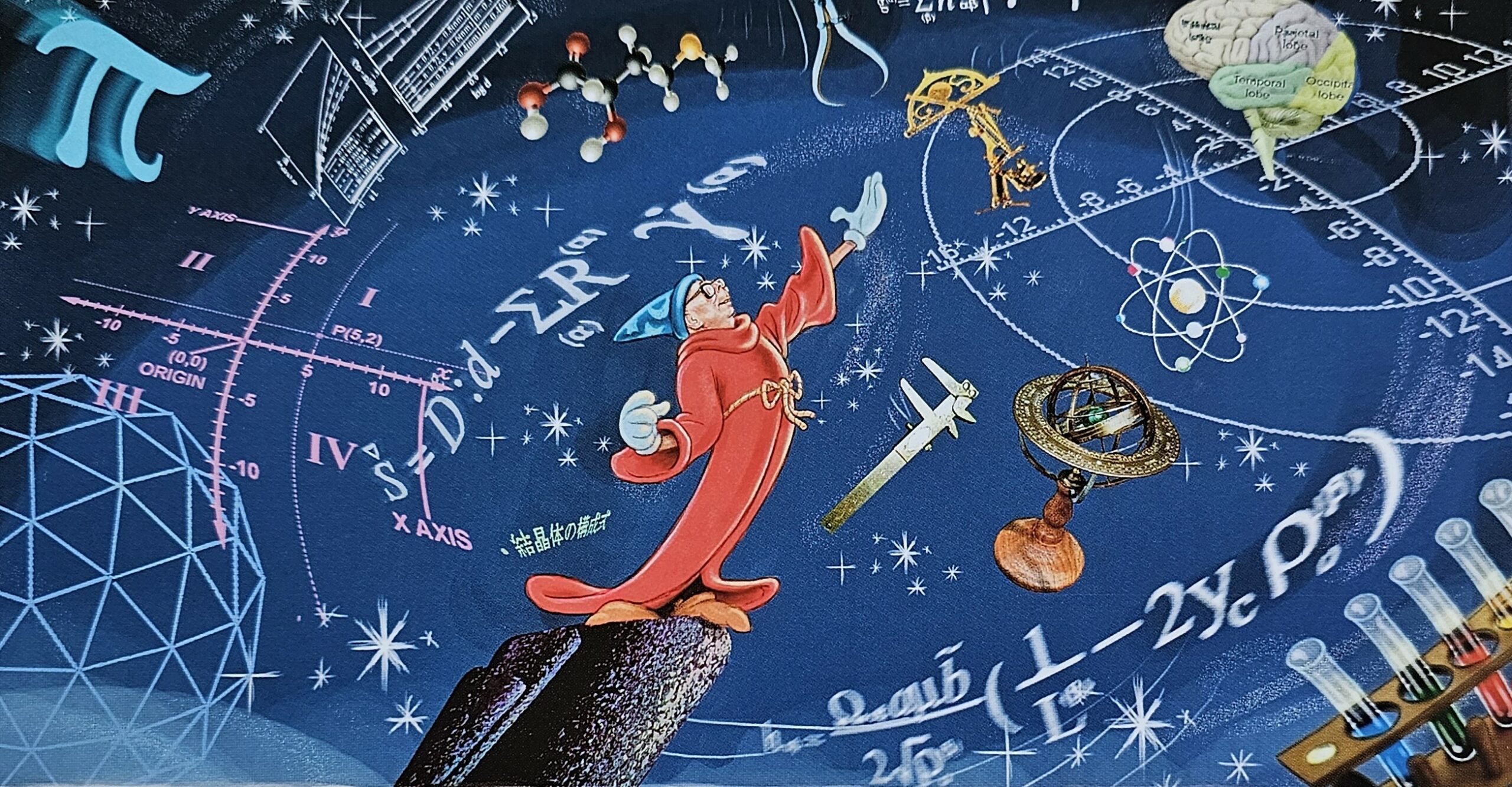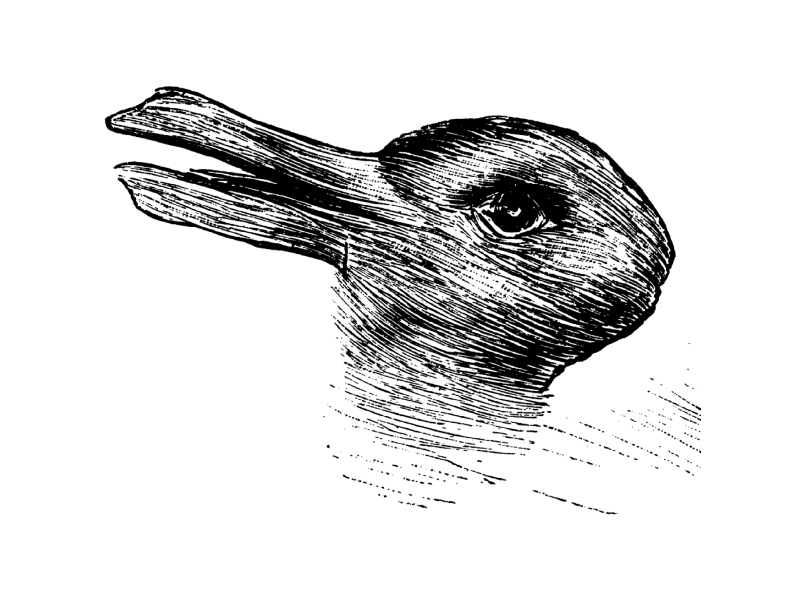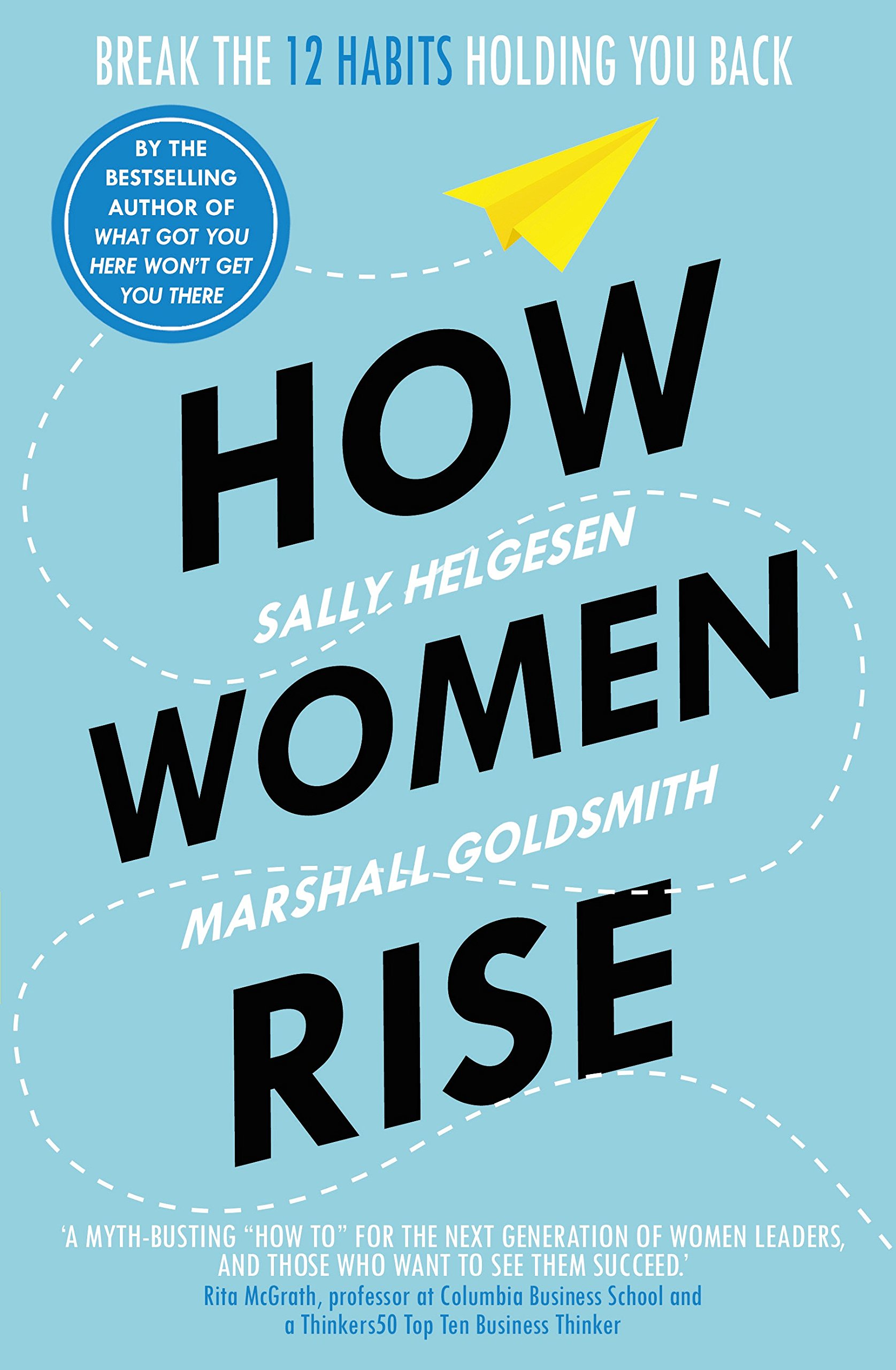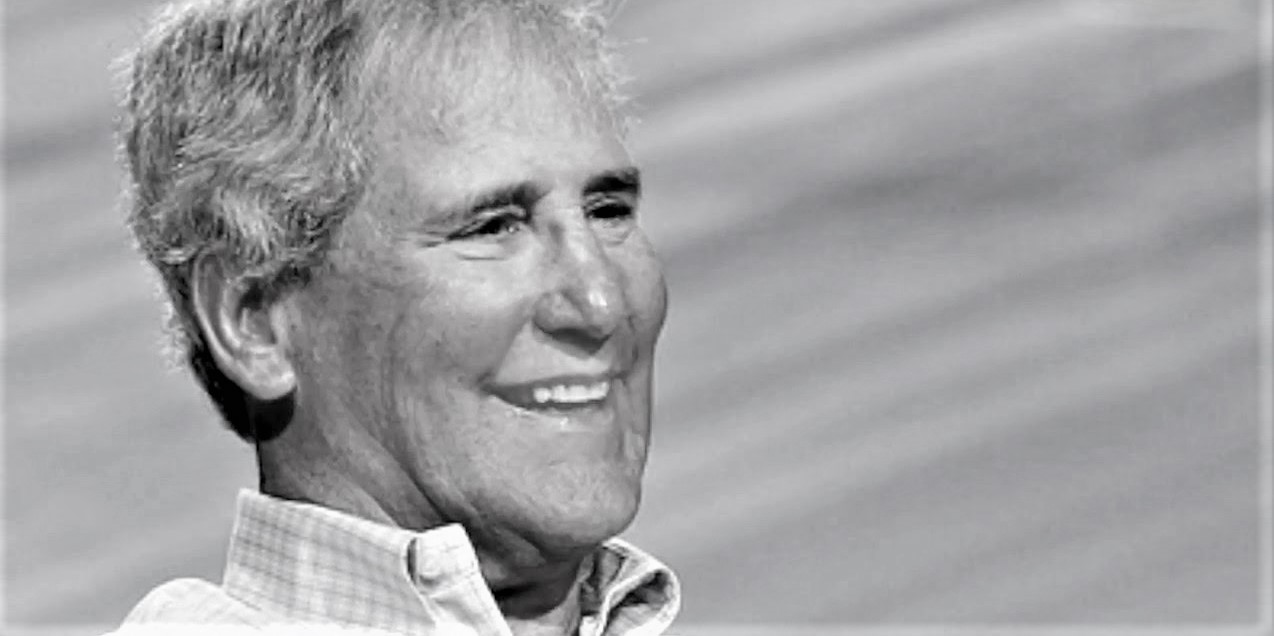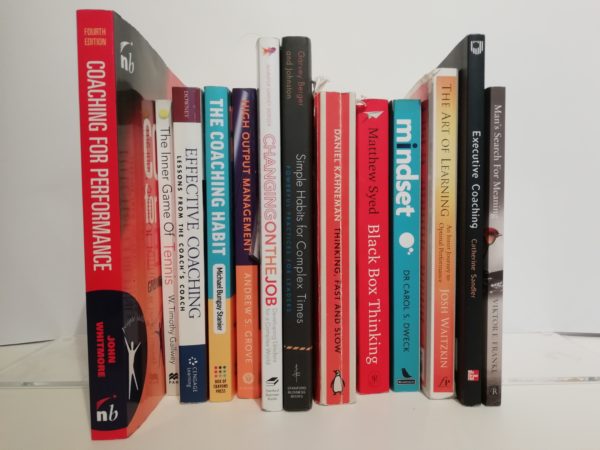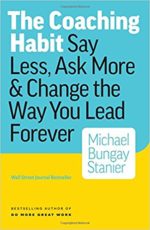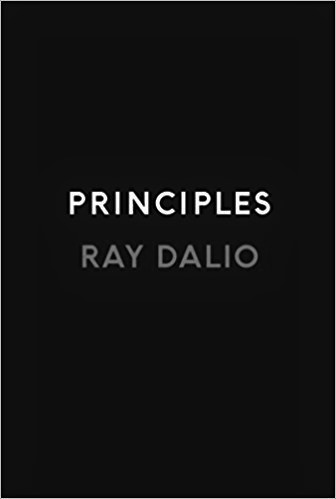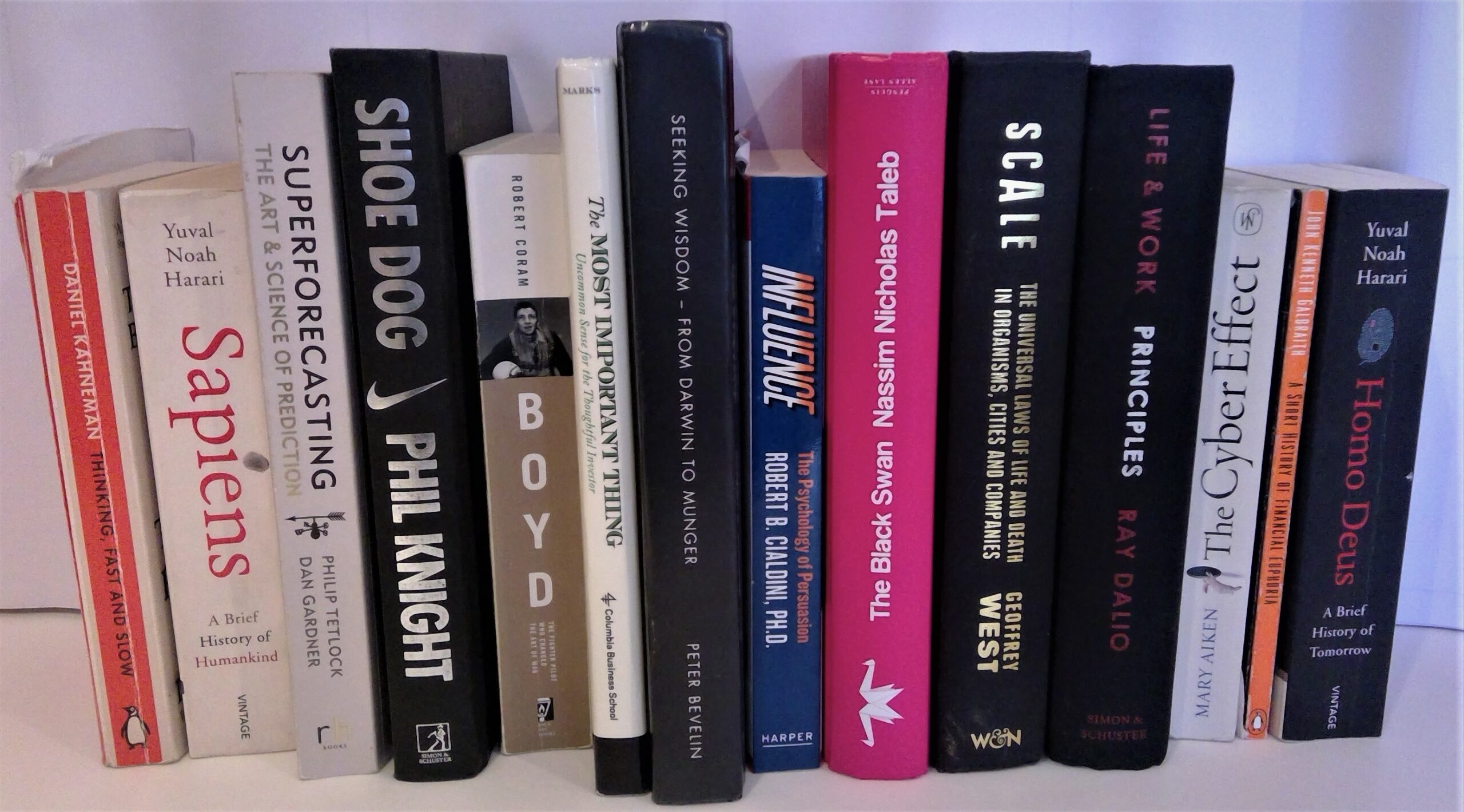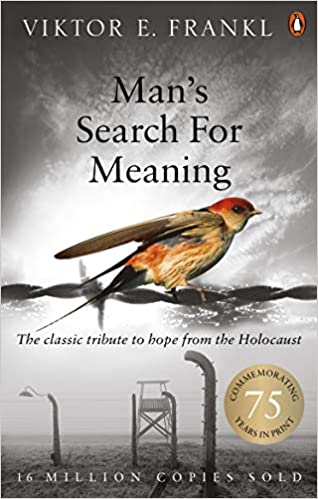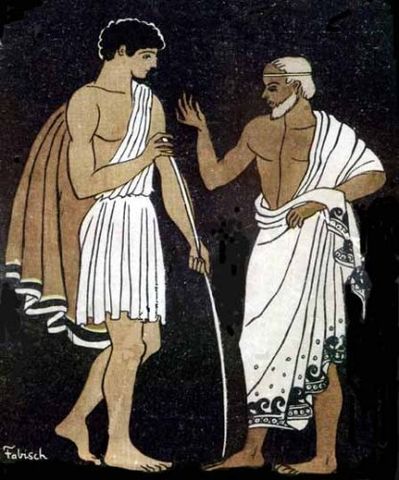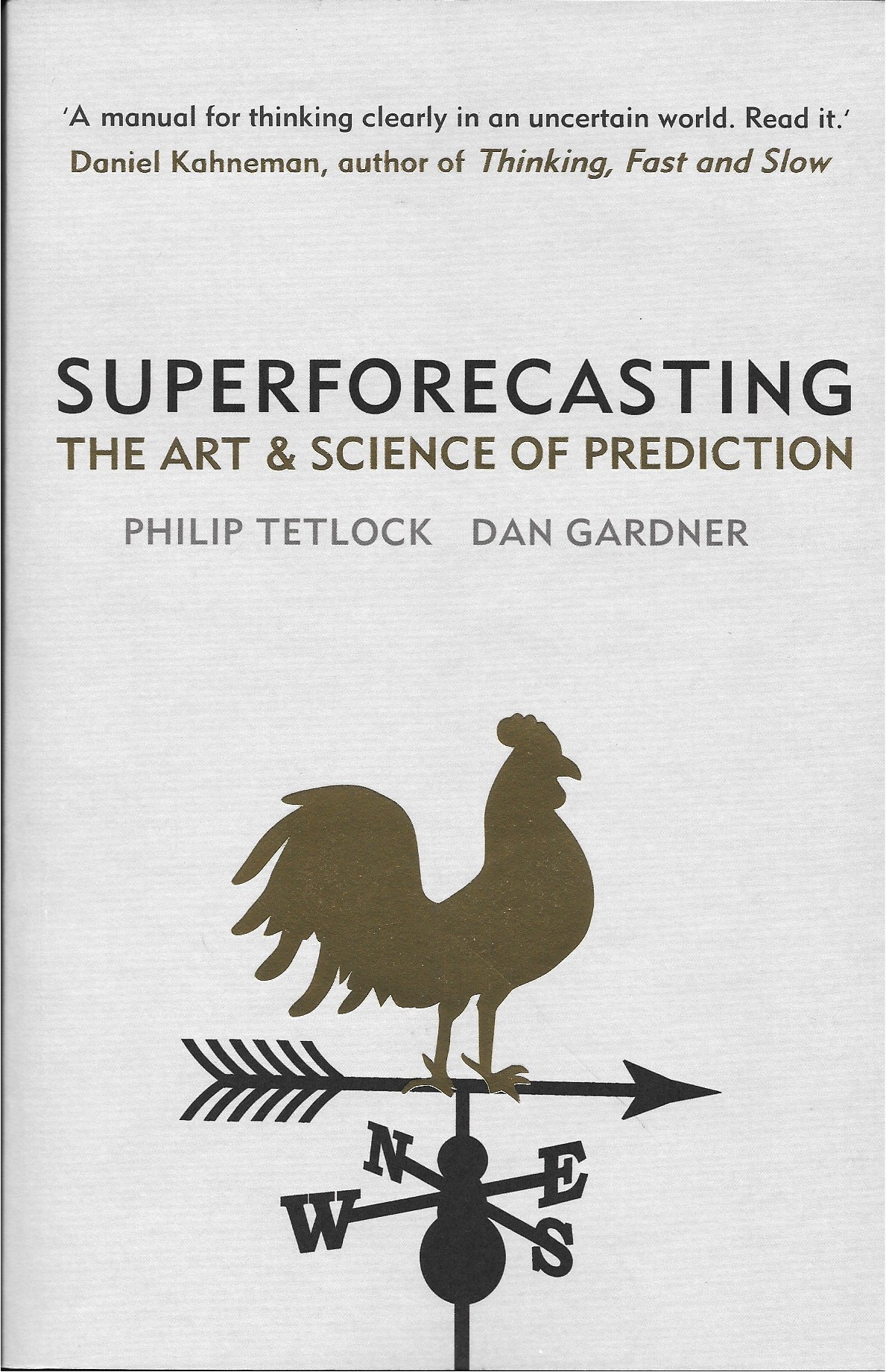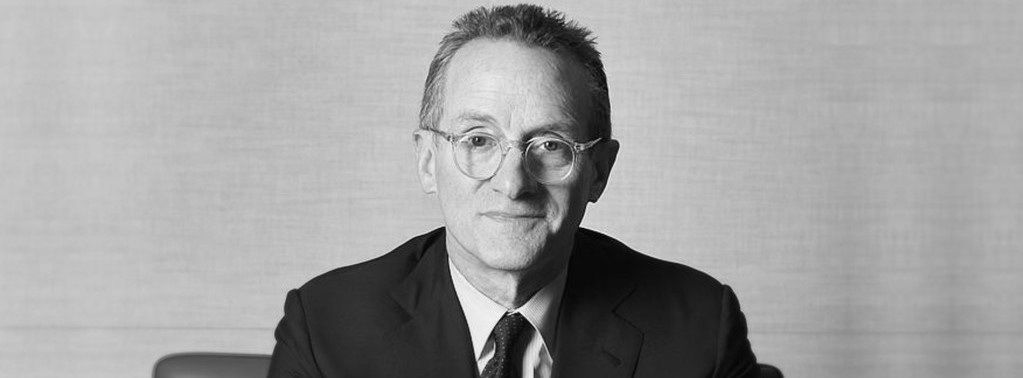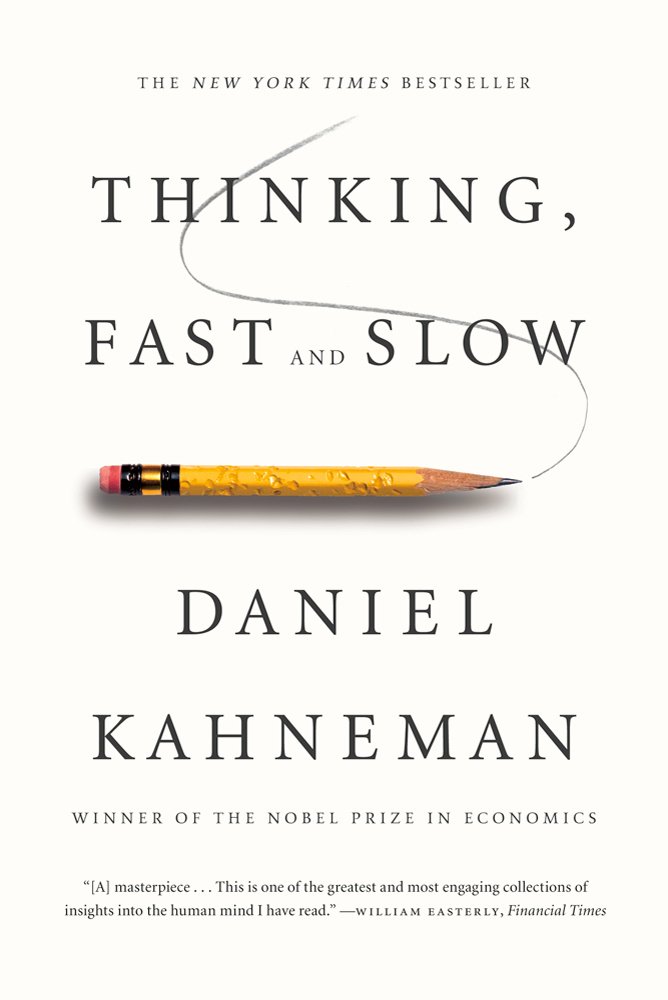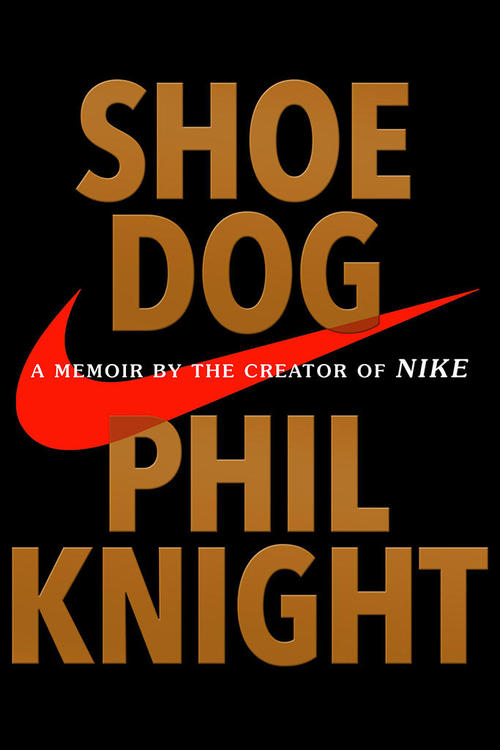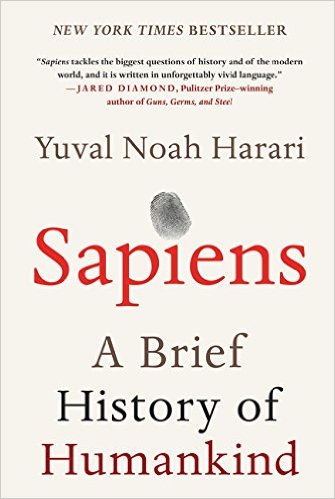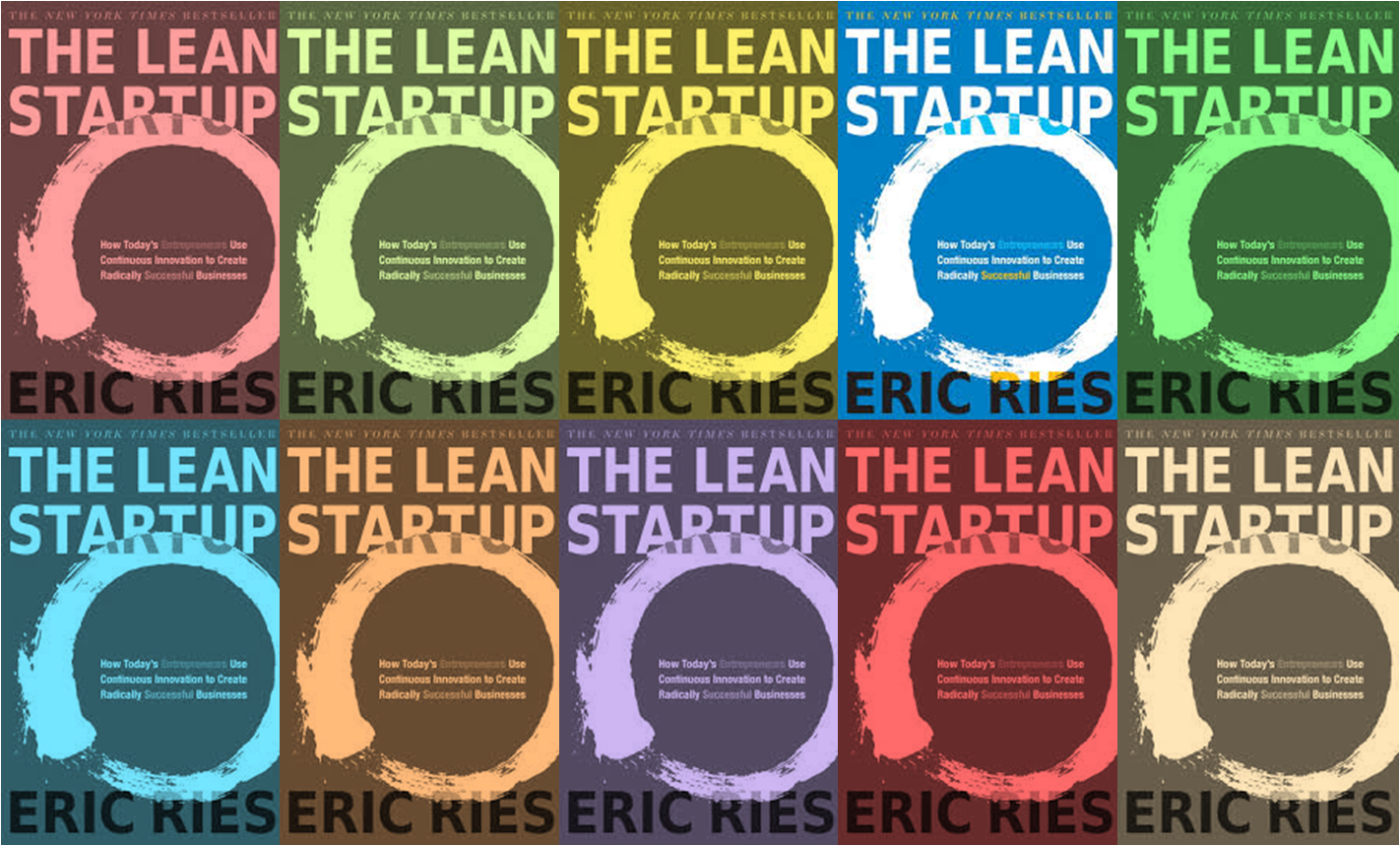The Duck-Rabbit & the Polarities of Leadership
A polarity is a paradoxical situation in which two interdependent and seemingly contradictory states must be maintained for success over time. In business, leadership and life, we find ourselves presented by polarities all the time, often without even realising. As leaders, we’re told that we must be great problem solvers. That’s true, but a polarity is not the same thing as a problem, for which a definitive solution can be reached at a given point in time. That’s why the ability to recognise when we are facing a polarity – otherwise known as a paradox, duality, dichotomy, tension, or wicked problem